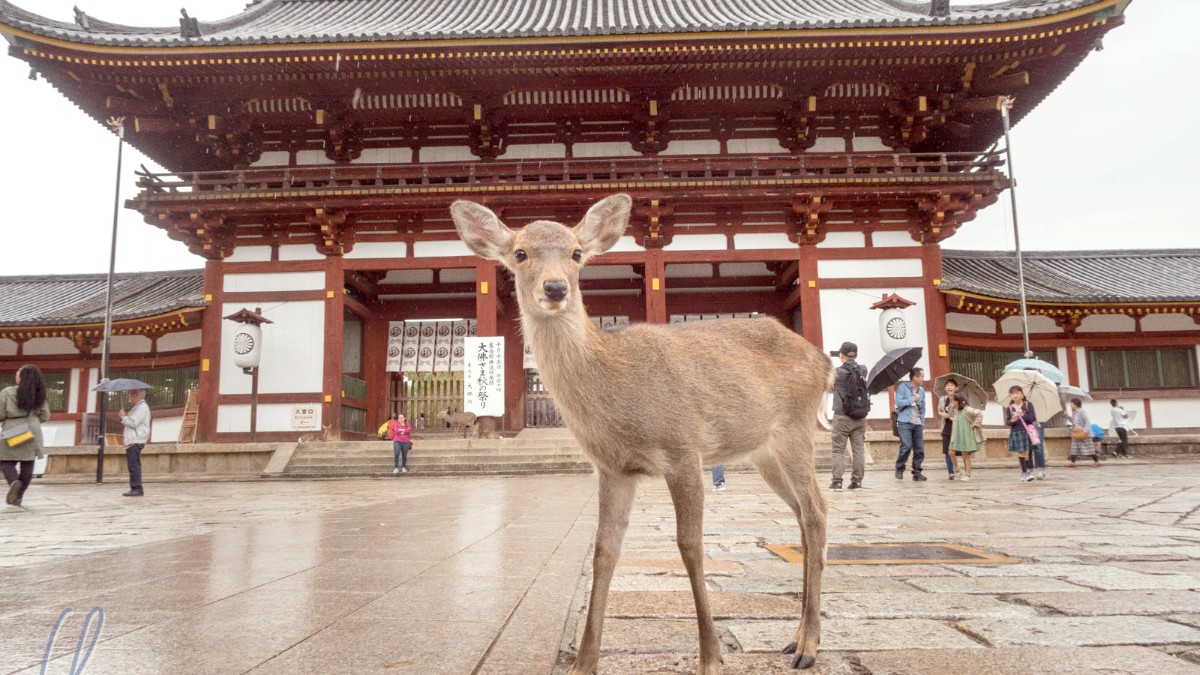
Kansai, Japan
Staying connected in Nara presents many choices.
Wi-Fi is widespread, and postal services are efficient.
Japanese is the official language. English signage is common in tourist areas.
Basic Japanese phrases contribute to positive interactions.
Check the Japanese national holiday calendar before your trip to plan accordingly.
Cultural refinements enrich your experience. Familiarity with local etiquette is appreciated.
Bowing is common. A slight head nod often suffices for visitors.
Neat, modest clothing. Shoulders and knees covered at temples.
Ask permission before photographing people. Observe all restrictions.
Observe local customs at meal times.
Cultural refinements to be mindful of during your visit.
Remove your shoes at the entrance to homes, traditional settings like ryokans, and some restaurants and temples.
Japan dedicates effort to improving accessibility for travelers with disabilities.
Japan's infrastructure shows ongoing accessibility improvements.
Many locations and transport options in Nara are accessible.
Specific services for visual or hearing impairments are in development.
Official sources share information on accessible travel.
With these practical considerations, your time in Nara can be smooth and rewarding.
The deer in Nara Park are a central feature. Interactions with these wild animals call for specific practices.
Only special crackers are appropriate for deer feeding.
Maintain a safe distance and gentle interaction.
Ethical conduct supports the well-being of the deer.
Remember that the deer are wild animals. Approach them gently and observe their reactions.